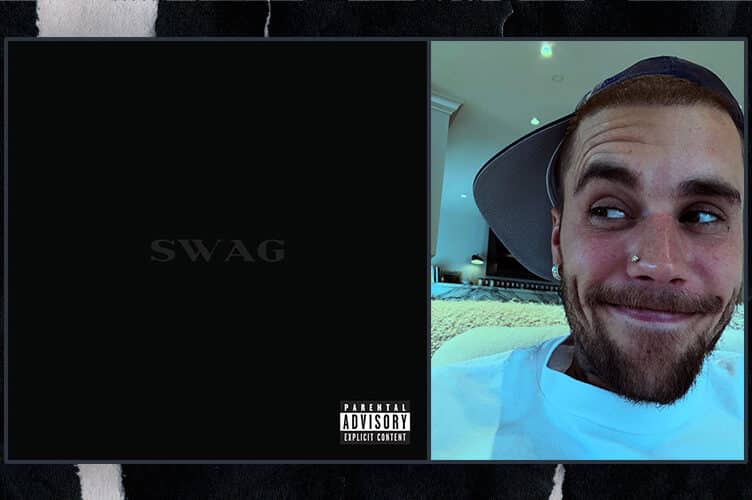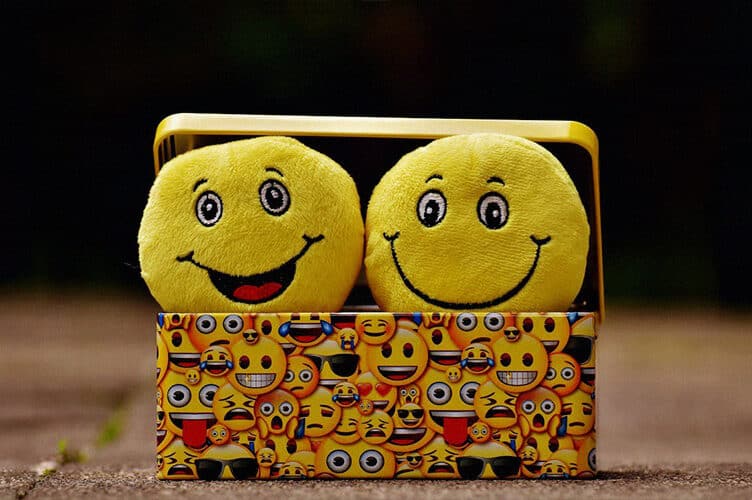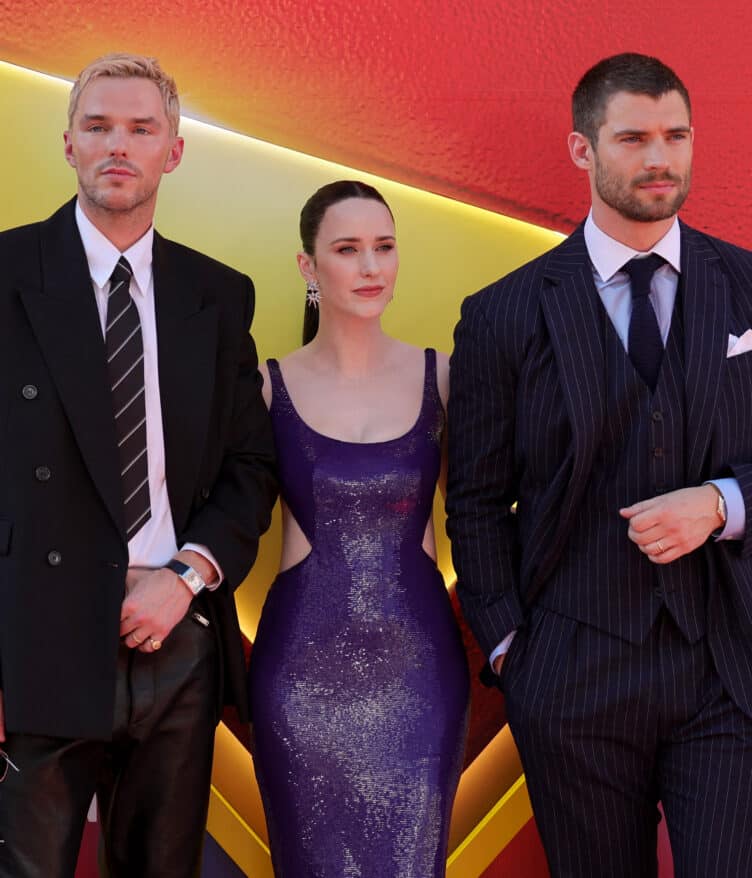IF you’re active on social media, it’s unavoidable to have come across the words “cancel culture” at least once in your life.
If you aren’t yet familiar with the term, cancel culture is when you stop supporting, or calling someone out after they’ve done something wrong or offensive.
As per Pew Research, the term stems from the slang word “cancel” from the 1980s, which means to break up with someone. Over time, however, it’s widely been used within political discourse.
Another example was the cancellation of comedian Louis C.K., when he was canceled back in 2017 because he was accused of sexual misconduct after admitting to masturbating in front of many female comics.
Louis C.K. is also great proof that cancel culture doesn’t actually work. At most, you’re “canceled” for a little while, and soon enough, people forget about whatever you’ve done and you can head right back to work.
Just last year, for example, the comedian sold out a show at Madison Square Garden, the world’s most famous arena.
Call for accountability becomes Puritan witch hunt
The truth is, if it had been done well, cancel culture could have been a great thing. It began as a demand for people to start taking accountability, but soon enough turned into a way to dogpile onto the hate train for even the smallest of mistakes.
“People face job termination, school expulsion, break ups, threats, and intimidation for their actions, but are not educated on why their action was wrong,” writes Elizabeth MacCann of Panther Now.
“These punishments build more resentment for the offender and allow their hatred to fester. Thus, the response to [a] one-time remark can fuel a deep hatred that justifies their anger and further divides society.”
Slowly, cancel culture has evolved from wanting to educate these people into a bid for moral superiority – a contest to see who has made the least amount of mistakes in their lives.
Biases all around
Another issue that can be found within cancel culture is that the people who deserve it the most are the ones who are least affected.
Take the aforementioned Louis C.K. for example, or artist Chris Brown. A few years back, he physically assaulted Rihanna, who was his girlfriend at the time.
While many have called him out for this behavior, the artist continues to sell out show after show and album after album and has even said that those who still hate him for this mistake should “kiss his f*cking ass,” as per Page Six.
Cancel culture could help to raise awareness of certain issues, for example, the actions of certain persons, but it has instead just become a means of intimidation to stop people from freely expressing themselves.
What could be an avenue for meaningful dialogue or a way to discuss the underlying social issues within these actions, as per Medium, is instead just turned into a way to punish offenders superficially, hence why even the worst of the bunch can come back to work eventually without any problems whatsoever.
The efforts of those trying to work toward making actual change and discussing the real issues at hand are then undermined by those who try to cancel others for every little thing one does wrong.
Not how humans work
Humans are complex beings. I believe that no person is solely good or bad (though the likes of rapists, harassers, and pedophiles are a completely different story.)
We are bound to make mistakes because they are part of what makes us human. To bully people, or to attack them for the most minuscule of mistakes made years ago is to expect perfection from each and every individual.
I understand severe crimes, but to ruin a person’s life over, for example, saying something at a time wherein they were not yet educated or aware of why what they were saying was wrong, seems like overkill, especially when it is obvious that this person has done their best to educate and better themselves since then.
I will always believe that humans can be good – that, as said in the show “The Good Place,” what matters is if we’re trying to be better today than we were yesterday.
To allow no room for growth, or to say that none of it matters just because of something that you said years ago, feels like anger that has been severely misplaced.
Maybe we should be looking at the root of the problem instead of just the surface; maybe then, with this so-called cancel culture, we can actually start enacting some change.
How useful was this post?
Click on a star to rate it!
Average rating 0 / 5. Vote count: 0
No votes so far! Be the first to rate this post.
We are sorry that this post was not useful for you!
Let us improve this post!
Tell us how we can improve this post?









